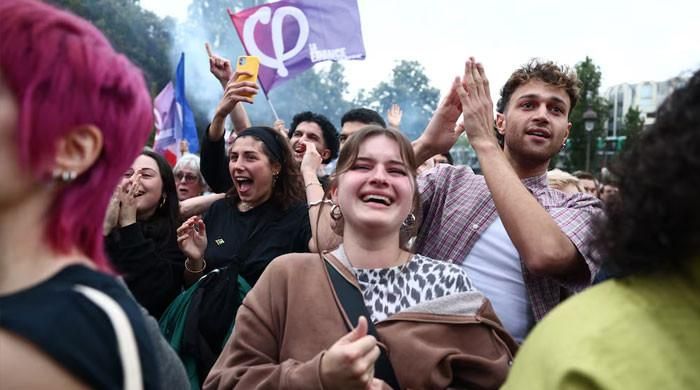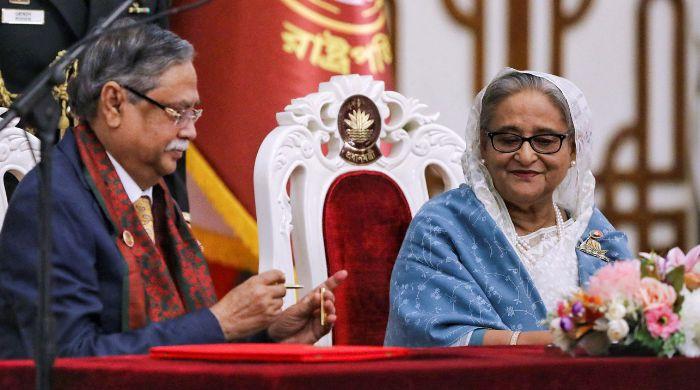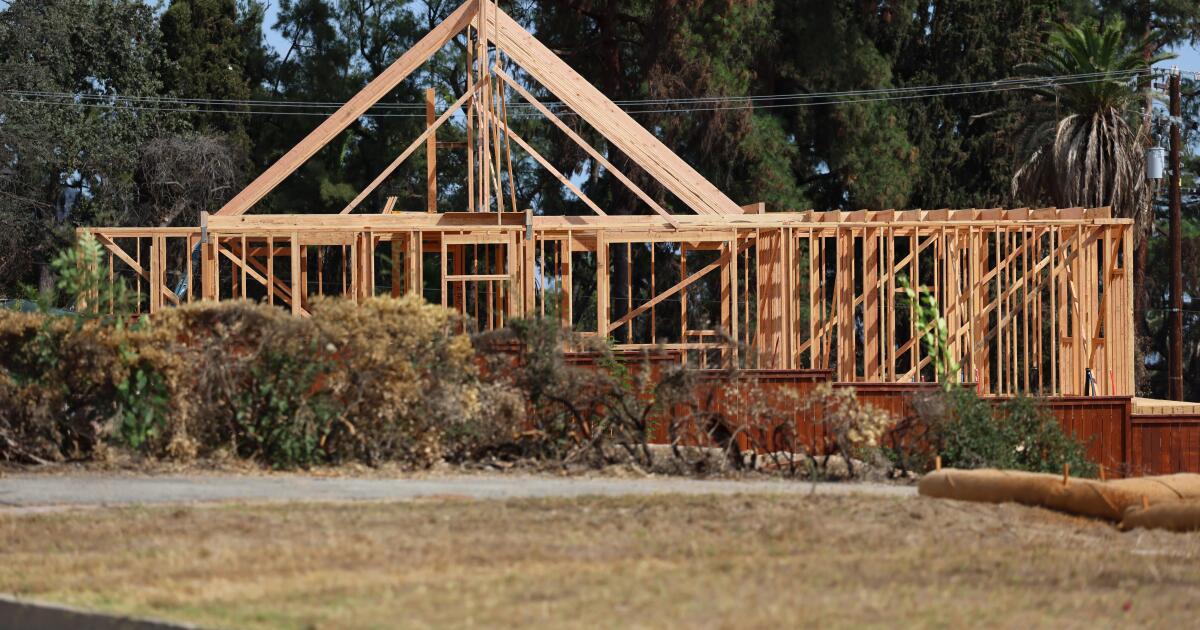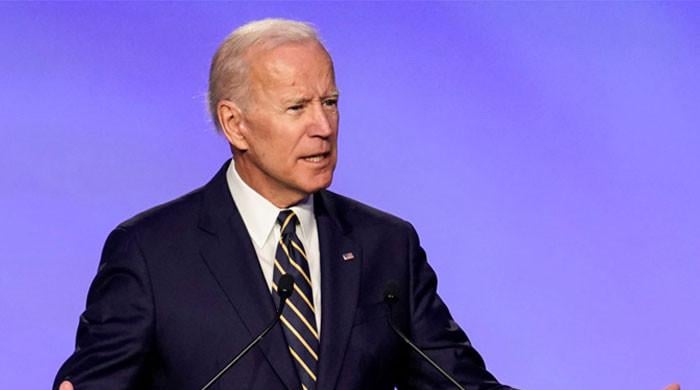- Pollsters see the left-wing alliance in first place, with up to 198 seats.
- Macron's centrists are projected to win as many as 169 seats.
- The far-right RN party and its allies are expected to win up to 143 seats.
France faced a possible political deadlock after Sunday's election produced a hung parliament, with a leftist alliance unexpectedly taking first place ahead of the far right but no group winning a majority.
Voters dealt a blow to Marine Le Pen's nationalist and eurosceptic National Rally (RN) party, which opinion polls had predicted would win the runoff but ended up in third place, according to pollsters' projections.
The results were also a blow to centrist President Emmanuel Macron, who called a snap election to clear the political landscape after his candidacy suffered a drubbing at the hands of the RN in European Parliament elections last month.
It ended with a hugely fragmented parliament, which will weaken France's role in the European Union and elsewhere in the world and make it harder for anyone to push an internal agenda.
The election will leave parliament divided into three broad groups – the left, the centrists and the far right – with vastly different platforms and no tradition of working together.
What comes next is uncertain.
The leftist New Popular Front (NFP) alliance, which wants to cap prices on essential goods such as fuel and food, raise the minimum wage to 1,600 euros ($1,732) net per month, increase public sector workers' salaries and impose a wealth tax, immediately said it wanted to govern.
“The will of the people must be strictly respected… the president must invite the New Popular Front to govern,” said far-left leader Jean-Luc Melenchon.
The RN has worked under Le Pen to shake off a historic reputation for racism and anti-Semitism, but many in French society still view her “France First” stance and growing popularity with alarm.
There were hugs, shouts of joy and tears of relief at the left-wing meeting in Paris when the voting projections were announced.
The Place de la République in central Paris was packed with people and a festive atmosphere developed, with left-wing supporters beating drums, lighting flares and chanting “We won! We won!”
“I feel relieved. As a French-Moroccan, a doctor and an environmental activist, what the far-right was planning to do as a government was crazy,” says Hafsah Hachad, 34.
The strange left-wing alliance that the far left, the Greens and the Socialists hastily put together before the vote was far from having an absolute majority of 289 seats in the 577-seat assembly.
Official results trickled in, with those from most, if not all, constituencies likely to be known in the early hours of Monday. Polling agencies, which are usually accurate, predicted the left would win between 184 and 198 seats, Macron's centrist alliance between 160 and 169 and the RN and its allies between 135 and 143.
The euro fell on Sunday after the election projections were announced.
“We should get a brief respite in the market… because we are not seeing an extremist RN majority taking place, but it is likely to lead to political gridlock at least until the fall of 2025,” said Aneeka Gupta, director of macroeconomic research at WisdomTree.
Prime Minister Gabriel Attal said he would resign on Monday but would remain in his post as caretaker for as long as necessary.
'Divided'
A key question is whether the left-wing alliance will hold together and agree on a course to take.
Mélenchon, leader of the far-left party Unrenowned France (LFI), ruled out a broad coalition of parties of different tendencies.
Raphael Glucksmann of the Socialist Party urged his alliance partners to act like “adults”.
“We are moving forward, but we are in a divided parliament,” he said. “We are going to have to talk, discuss, and dialogue.”
The constitution does not oblige Macron to ask the left-wing group to form a government, although that would be the usual step since it is the largest group in parliament.
There was no indication in Macron's entourage of his next move.
“The question we are going to have to ask ourselves tonight and in the coming days is: which coalition is capable of reaching the 289 seats to govern?” a person close to him told Reuters.
Some members of his alliance, including former Prime Minister Edouard Philippe, envisioned a broad cross-party alliance but said it could not include the far-left France Unbowed party.
RN disappointment
For RN, the result was a far cry from the weeks in which opinion polls consistently projected it would win comfortably.
Left and centrist alliances cooperated after the first round of voting last week, withdrawing dozens of candidates from three-party races to build a unified anti-RN vote.
In his first reaction, RN leader Jordan Bardella called the cooperation between anti-RN forces a “shameful alliance” that he said would paralyse France.
Le Pen, who will be the party's candidate for the 2027 presidential election, said Sunday's vote, in which the RN made significant gains compared with previous elections, had sown the seeds of the future.
“Our victory has simply been delayed,” he said.
Voters punished Macron and his ruling alliance over the cost of living crisis and poor public services, as well as over immigration and security.
Le Pen and her party seized on those appeals and extended their appeal far beyond their traditional strongholds along the Mediterranean coast and in the country's northern industrial belt, but it was not enough to bring them to power.












